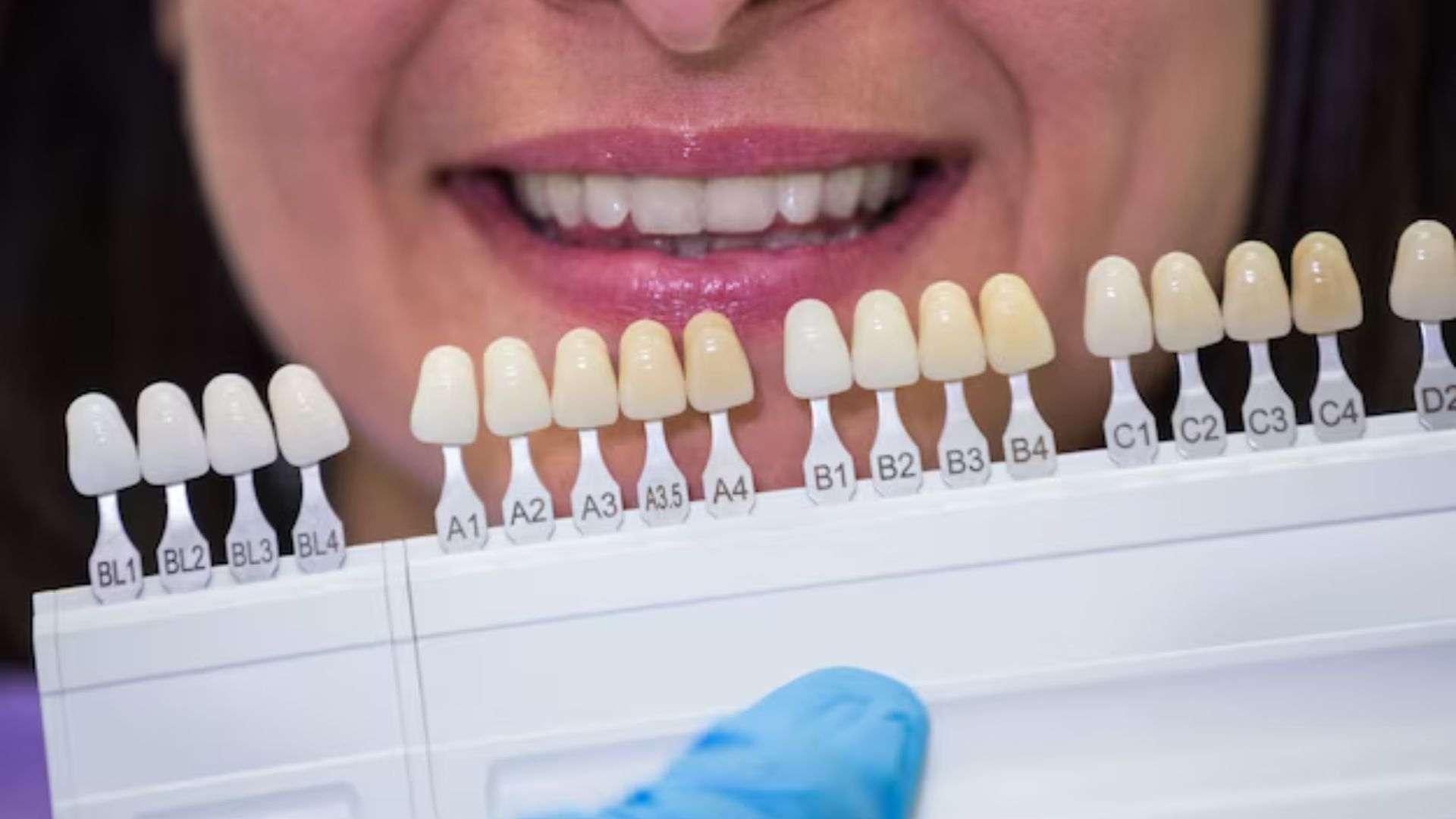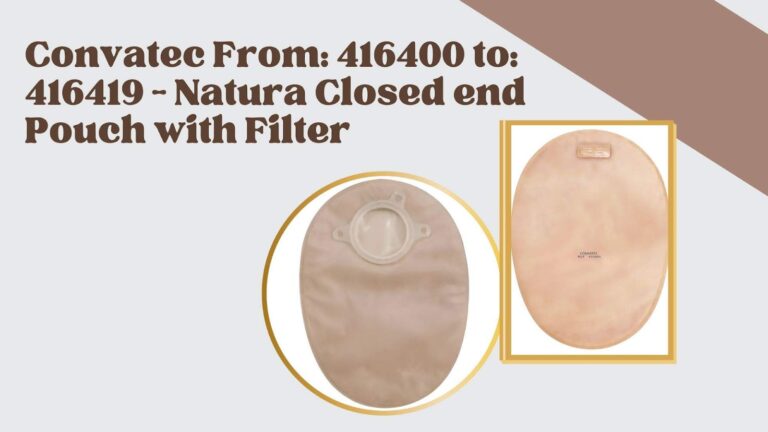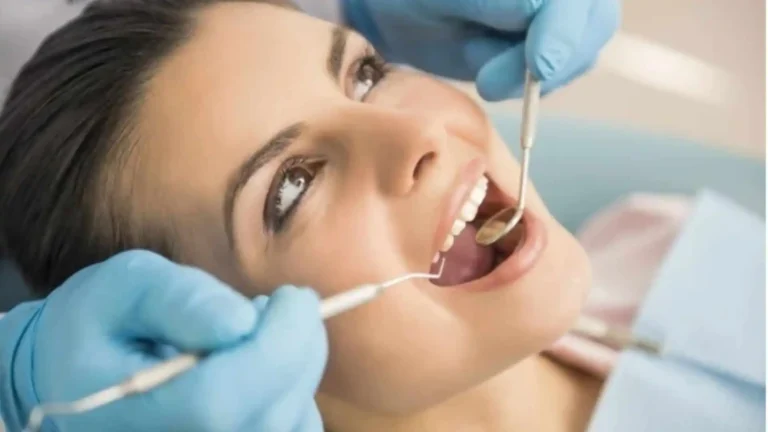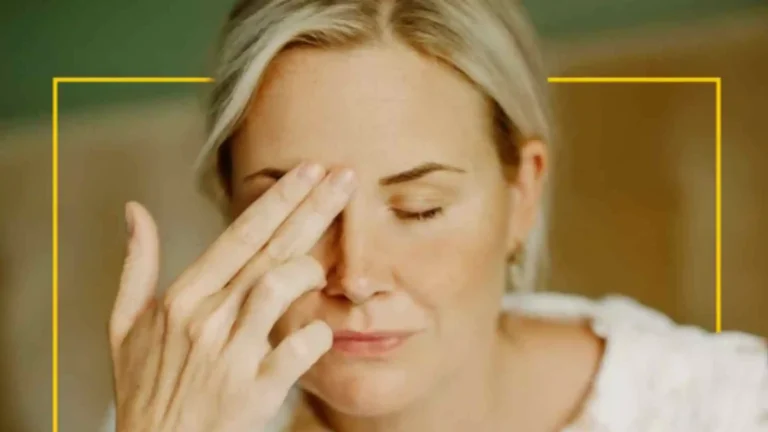
Nowadays, many people are facing tooth problems. A lot of people wonder: How much is teeth bonding So, I also searched about it and came to know that most teeth bonding treatments have different price ranges, which go from $300 to $600 per tooth.
Moreover, different countries have different costs of tooth bonding, like the UK, which is between £250 and £350 per tooth.
Teeth bonding can help repair chipped teeth and prevent further damage. This makes tooth bonding a very popular option, especially when a small number of teeth or even one tooth needs repair.
Are you ready to learn about the cost, treatment, procedure, what to expect, and how to care for your bonded teeth?
What is tooth bonding?
Teeth bonding is one of the simplest dental procedures used to repair chipped or cracked teeth, close down gaps, or change their shape. It also helps with discolored teeth and even lengthens a tooth that’s shorter than the rest.

They mold the resin to match the surrounding teeth. It helps hide any discoloration while filling in gaps and correcting your crooked teeth. This will make your teeth look more aesthetically pleasing. The main goal of this procedure is to improve the appearance of your smile.
Now, we will discuss how much is teeth bonding according to the types, and then we will briefly discuss the factors. Let’s start.
Are there different types of tooth bonding and explain their cost?
Yes, there are two types of tooth bonding, and I explain the cost of this procedure:
| Types | Cost (per tooth) |
|---|---|
| Direct bonding | $75 to $800 |
| Adhesive bonding | $900 to $2000 |
Now I explain the types of tooth bonding:
Direct Bonding: This is the most common type of tooth bonding. You usually won’t need anesthesia, and the process is fast and pain-free. It uses tooth-colored composites to fill in cavities and repair cracks or chips.
Adhesive Bonding: This method is typically used for esthetic and metal-free crowns, porcelain veneers, bridges, and fillings. Adhesive bonding is temporary and expensive.
How much is teeth bonding with insurance and without insurance?
The cost depends on how much work is needed on the patient’s tooth. But different dentists and countries have different costs of teeth bonding.so you check information to your nearest dental clinic.
With insurance:
Check with your insurance company to see if they cover teeth bonding procedures before making an appointment. Your bonding insurance typically covers restorative treatments but not cosmetic work.
Without insurance:
Patients who do not have insurance can range from teeth bonding between $300 to $600 per tooth and in some cases, it may be as high as $600. The costs of teeth bonding depending on the location of the dental office and the type of bond used.
What are the factors that affect the cost of tooth bonding?
Not every smile is the same, which is why tooth bonding costs might vary depending on different factors. There isn’t a definitive figure that states the precise dental bonding cost, as numerous factors can influence the total payable amount.
Some cost factors for teeth bonding include:
- Numbers of teeth: Teeth bonding costs are often much more expensive for multiple teeth compared to a single tooth. However, you can find dentists that often offer a reduced rate for multiple teeth that need bonding during the same session.

- Dentist’s experience: This all depends on your dentist’s reputation, experience, training, and location. The cheapest price of this procedure is more than double that of the most expensive veneers per tooth
- Location: There are three main things to consider when choosing a location, whether you’re working with a specialist or by yourself: physical space, demographics, and competition.
- Size of the treatment area: There should be a gap of 0.5mm or less per contact between your teeth. The larger the area, the more teeth-bonding services will cost.
Why is tooth bonding done?
Now I tell you why you need to do teeth bonding:
- This is to repair chipped or cracked teeth.
- It changes the shape of the teeth.
- Teeth bonding: Cover a discolored tooth and match the color or shade to the natural teeth around it.
- To close spaces between teeth.
- To make teeth look longer.
How will you take care of bonded teeth?
There are some simple tips you should follow to take care of your bonded teeth:
- Brush your teeth twice a day and floss daily.
- Be careful while eating hard and sticky foods.
- Don’t bite your nails.
- For the first few days after bonding, avoid hard foods, drinks, and anything that may stain your teeth.
- For the first two days, don’t use ice, alcohol, chewing gum, tea, coffee, or other stains.
- Visit your dentist every 3 months for a check-up and cleaning.

What are the advantages and disadvantages of tooth bonding?
There are many advantages and disadvantages to tooth bonding. Now, I will tell you some advantages and disadvantages of tooth bonding.
| Advantages | Disadvantages |
|---|---|
|
|
|
|
|
|
|
|
|
|
Frequently Asked Questions:
Q. Is bonding teeth a good idea?
Yes, tooth bonding is good for your teeth. In general, tooth bonding doesn’t have any significant effect on your health. But if you have tooth decay, gum disease, or other serious issues, it can affect your oral health.
Q. How long do bonded teeth last?
Teeth bonding materials typically last between “three and ten years.” So, it is not a permanent treatment.
Q. Do bonded teeth break easily?
Yes. Hard or sticky foods can damage your bonded teeth. So, you should be careful while eating hard food like ice or hard candy and sticky foods like chewing gum, taffy, caramels, etc.
Conclusion:
Teeth bonding is one of the simplest dental processes to balance your teeth. However, it is a low-cost procedure and safe for your health. I also explain in the article how much is teeth bonding costs. Teeth bonding helps repair a cracked, chipped, or broken tooth, and it also helps with lengthening a tooth that’s shorter than the rest of the discolored teeth, or gaps between the teeth, but it is not permanent; it is temporary.





